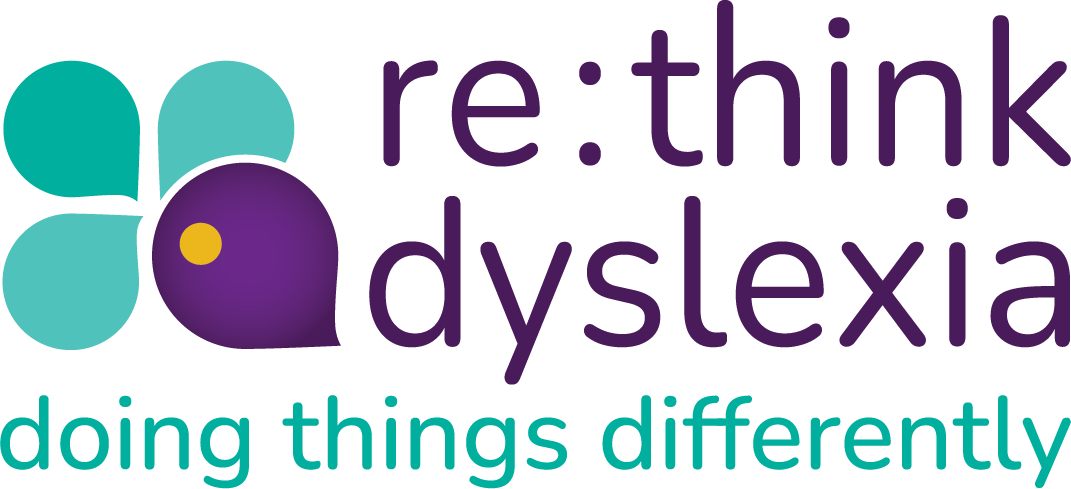1 in 10 employees are dyslexic and they make up 50% of the neurodivergent population!
 Dyslexia is a specific learning disability that affects reading, writing, and spelling abilities. Dyslexic individuals often face challenges in school and in the workplace due to the way their dyslexia affects them. My research with La Trobe identified that one of the areas where dyslexics may face particular challenges is in the job market, as the recruitment process can be difficult to navigate for those with dyslexia. In this blog post, we will explore some of the recruitment barriers faced by dyslexics and how you as an employer and or HR manager can make a difference in reducing the risk of losing dyslexic talent!
Dyslexia is a specific learning disability that affects reading, writing, and spelling abilities. Dyslexic individuals often face challenges in school and in the workplace due to the way their dyslexia affects them. My research with La Trobe identified that one of the areas where dyslexics may face particular challenges is in the job market, as the recruitment process can be difficult to navigate for those with dyslexia. In this blog post, we will explore some of the recruitment barriers faced by dyslexics and how you as an employer and or HR manager can make a difference in reducing the risk of losing dyslexic talent!
Written Communication
One of the biggest challenges for dyslexic individuals in the recruitment process is written communication. Can your recruitment strategies include audio-visual formats to better support dyslexic individuals when applying for your roles? Traditional methods or CVs and selection criteria can be a significant barrier to getting hired, as employers may view poor writing skills as a sign of incompetence or lack of attention to detail. This can be especially challenging if you are required to write long selection criteria and extensive cover letters.
Additionally, many companies now use automated screening tools and online application systems that check for spelling and grammar errors. These systems can be problematic for dyslexics who may struggle to catch their own mistakes. As a result, dyslexic individuals may be automatically disqualified from consideration for a job based on their written communication skills, even if they have the necessary qualifications and experience.
Standardised Testing
Standardised testing is often used as part of the recruitment process for jobs that require a certain level of education or certification. Dyslexic individuals may struggle with timed tests, multiple-choice questions, and reading comprehension tests, which can negatively impact their scores and limit their opportunities for employment.
One solution to this problem is to provide accommodations during testing. For example, dyslexic individuals may need extra time to complete tests, or they may need to take tests in a separate, distraction-free environment. Additionally, some dyslexic individuals may benefit from having questions read aloud or being allowed to use assistive technology during testing.
Interviewing
The interview process can be stressful for anyone, but it can be particularly challenging for dyslexic individuals. Many interviewers rely heavily on written communication skills, such as taking notes and reading body language. Dyslexics may struggle, to remember details, and organise their thoughts, which can make it difficult to present themselves effectively during interviews.
To overcome this barrier, dyslexic individuals may need to prepare extensively for interviews. This could include practising interview skills with a coach or mentor, using visual aids to help organise their thoughts during the interview process and requesting that interviewers provide questions in advance to allow time for preparation.
Lack of Understanding
Finally, a significant barrier to recruitment for dyslexics is a lack of understanding from employers and recruiters. Dyslexia is still not widely understood especially in Australia, and many employers may not be aware of the challenges that dyslexic individuals face during the recruitment process. As a result, they may not provide accommodations or may overlook dyslexic candidates during the hiring process. By law, dyslexics are entitled to access and use reasonable workplace accommodations during the recruitment process and in the workplace.
How can you improve your recruitment processes?
Written Communication: Can your recruitment strategies be in other forms than written communication? Can dyslexics audio record or video themselves answer the selection criteria?
Standardised Testing: Request accommodations such as extra time, a separate testing environment, and the use of assistive technology. Seek out organizations or testing centers that specialize in providing accommodations for dyslexic individuals.
Interviewing: Provide accommodations such as a quiet environment, questions in advance, or breaks during the interview. Access to assistive technology such as spell check, grammar check, and speech-to-text software to assist with writing during the interview process can be a game changer for dyslexics. Educate interviewers about dyslexia and how it may impact the interviewee’s performance.
Improve your understanding: Educate your teams and recruiters about dyslexia and how it impacts an individual during the recruitment process. Our research tells us that workplaces lack the understanding and skills to support dyslexic individuals during the employment life cycle and we are here to help so you don’t miss out on recruiting dyslexic talent into your organisation.
In conclusion, dyslexic individuals face significant challenges in the recruitment process, particularly when it comes to written communication, standardized testing, interviewing, and a lack of understanding from employers and recruiters. To overcome these barriers, dyslexic individuals may need to seek assistance, request accommodations, and educate employers and recruiters about dyslexia. By doing so, they can ensure that they are evaluated fairly and given the same opportunities for employment as everyone else.
Employers are in a unique position to be proactive in seeking solutions to overcome the recruitment barriers faced by dyslexic individuals. By adjusting recruitment strategies and educating others about dyslexia, dyslexic individuals can ensure that they are evaluated fairly and given the same opportunities for employment as everyone else. This will not just endure they are surviving in the job market but thriving!
If you are concerned about missing out on recruiting dyslexic talent and want support to become a more inclusive organisation then book a free exploration session.
Join our Dear Dyslexic Community on Facebook. This group has been set up to talk about all things dyslexia, to provide peer support to those who are dyslexic. This is an open, safe forum free from discrimination, but not free from spelling or grammar mistakes!


